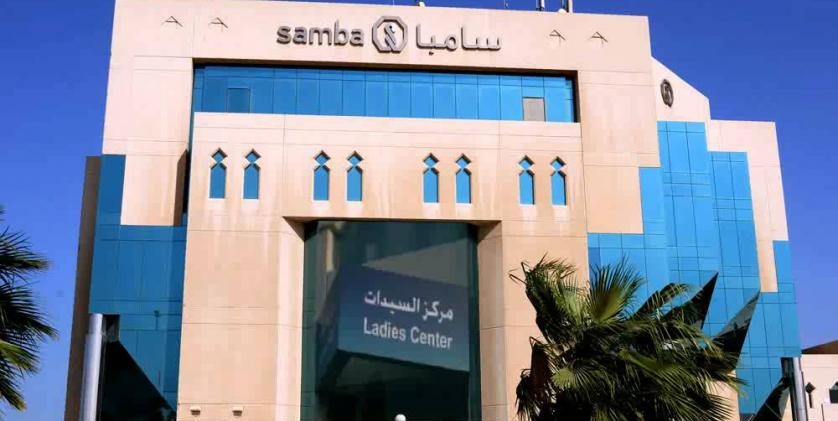The Gulf state had accused banks from Saudi Arabia and the UAE of attempting to manipulate its currency at the time of the 2017 GCC crisis.
A New York judge has said that the state has no jurisdiction over a lawsuit Qatar had filed during the GCC crisis against a Saudi Arabia bank over attempts to devalue its currency.
According to Law 360, New York Supreme Court Justice Melissa Crane’s decision was due to the occurrence of the dispute between a foreign nation and a foreign bank.
“The purpose of the alleged fraudulent scheme was to devalue Qatari currency, an injury that necessarily would have occurred in the sovereign state of Qatar, not New York,” wrote Crane.
The lawsuit was filed in 2019 against Saudi Arabia’s Samba Bank and First Abu Dhabi Bank in New York for attempting to manipulate its currency in hopes of damaging its ability to host the 2022 World Cup.
The Gulf state proceeded with legal action based on an investigation into market manipulation that it had announced in December 2017.
This came at the time where Saudi Arabia, Bahrain, the UAE and Egypt imposed an illegal air, land and sea blockade on Qatar over claims that it supported terrorism. Qatar has since dismissed those accusations.
Qatari authorities have not commented on the latest development in the case.
The Gulf state had argued at the New York court that Samba used Bloomberg and Reuters’ New York-based financial exchange servers in its attempts.
“The submission of data by traders in foreign nations to internet trading platforms accessible globally does not, without more, constitute ‘purposeful activities’ within New York, regardless of whether the data or platforms were maintained on servers located in New York,” added Crane.
Qatar said the Saudi and Emirati banks had submitted thousands of “fictitious and depreciated” quotes. Qatar later dropped the lawsuit against First Abu Dhabi Bank, no Qatari official has commented on the matter.
A separate lawsuit in 2019 was filed for similar reasons in London against Luxembourg-based Banque Havilland and its former employee Vladimir Bolelyy.
A report by Bloomberg in 2020 found direct links between the Abu Dhabi Crown Prince Mohammed bin Zayed, commonly known as MBZ, and Banque Havilland during the 2017 rift.
According to the news agency, the bank created a presentation in 2017 planning the manipulation strategy. The presentation was sent to MBZ by former MI6 agent, Will Tricks.
Whilst no further details were made public over the Banque Havilland case, a lawyer for Qatar told Bloomberg in January that it was settled “on a confidential basis”.
Ties between Qatar and the former blockading quartet have appeared to warm since the signing of the Al-Ula Declaration on 5 January, 2021. Qatar and Bahrain’s ties have appeared to be more fragile in comparison to the other countries.
Qatar has since dropped a number of lawsuits it had filed against at the time of the GCC crisis.
In January, Doha reportedly settled a lawsuit it had filed against Emirates NBD Bank PJSC and Abu Dhabi Commercial Bank PJSC in November 2020. Qatar claimed that both entities attempted to devalue its local currency.
Doha sought at least $130 million from the Emirati banks.
Less than a month into Al-Ula, Qatar sent a notice to the World Trade Organization (WTO) to suspend the case it filed against the UAE during the beginning of the dispute.
The lawsuit was filed over measures related to “trade in goods and services, and trade-related aspects of intellectual property rights.”
Qatar and Saudi Arabia also agreed to pause their dispute over the findings of a report by the WTO regarding copyright theft of Doha’s beIN Sports by Riyadh.
The WTO found the Saudi government guilty of engaging “in the promotion of public gatherings with screenings of beoutQ’s unauthorised broadcasts” including the 2018 FIFA World Cup.
Follow Doha News on Twitter, Instagram, Facebook and Youtube







